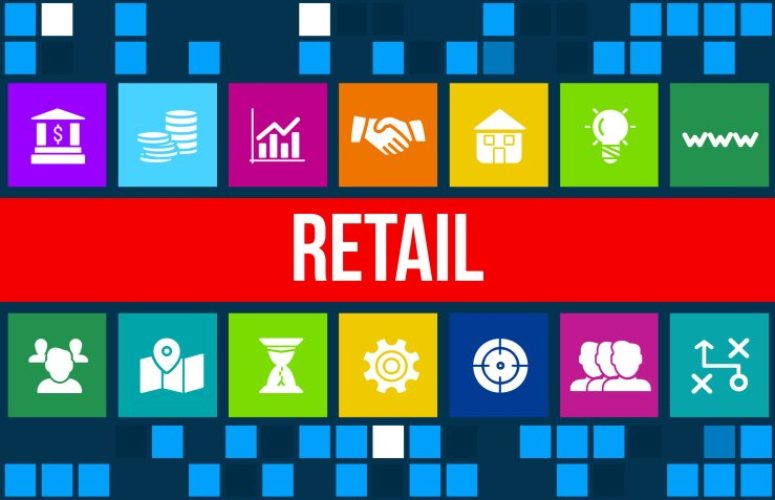
Accountants as Coronavirus-Era Consultants
CPAs are leveraging their expertise as they help businesses navigate the harrowing waters of the coronavirus pandemic.
By George N. Saliba, Managing Editor On Jul 3, 2020Accountants have long served as consultants and intelligence nexuses who offer advice not only within their areas of expertise, but also successfully direct business owners towards other professionals such as attorneys, bankers, cybersecurity technicians, and insurance brokers.
The complex hub-and-spoke CPA role is especially heightened during the coronavirus pandemic in which New Jersey unemployment has surpassed 25%, many companies face vastly reduced demand for their products and services via decreased consumer confidence and other factors – and these same businesses often face new, increased costs from coronavirus-related safety measures.
“We are, in many cases, if not the most trusted advisor of our clients, one of their most trusted advisors,” Alan Sobel, managing partner of the accounting firm SobelCo, says. “We have a broad base of knowledge on various topics, and we have a network of resources that can bring all of this together. While we are not lawyers and we would never pretend to offer legal advice, we certainly understand the environment … and [we] make sure our clients are turning to their lawyers for legal advice.”
Sobel adds, “And even though we are not epidemiologists or cleaning experts, we are seeing what organizations are doing. We are talking to other business owners and professionals about how they are approaching these [topics]. … We are identifying best practices, and then turning around and delivering them to our clients.”
Referrals to Professionals
Accountants are referring businesses to attorneys regarding a host of coronavirus-related liability concerns potentially stemming from customers as well as employees. Accountants may also steer businesses toward attorneys who handle Chapter 11 bankruptcy proceedings, the latter a process that has been streamlined via the CARES Act and through other reforms that took effect earlier in 2020.
CPAs additionally are often now advising their clients to increase lines of credit with financial institutions and also alert them that bankers might effectively be cutting ties with business customers in distressed positions.
While financial institutions are mostly being “good guys” for now, Kevin Clancy, global lead, restructuring and dispute resolution, says, “[They] are probably also looking to usher some [customers] out of their banks to [have them] go find financing in other places. We are already starting to hear quite a bit of that from some of our clients.”
Business Strategies
In the accounting-related realm, while much has been written about short-term business viability measures ranging from the Paycheck Protection Program (PPP) and grants via the New Jersey Economic Development Authority (NJEDA), to the simple act of businesses asking for payment deferrals from landlords, perhaps less has been said about broader short-term strategies as well as long-term viability strategies.

He adds that an additional component consists of spending less than one earns, and that the above two components – when combined with understanding which customers are a businesses’ most profitable (along with having flexible vendors) – “puts you in as best a position to deal with tough times.”
Other experts say business owners may not merely ask for payment delays to landlords, but perhaps also seek longer-term solutions in which business tenants pay a percentage of profits to landlords instead of entire rents. Landlords may have difficulty locating new tenants in an economically challenged environment, and therefore could be amenable to new terms and conditions.
Also in the long-term realm, at least some professionals (such as dentists) are passing the costs of Personal Protective Equipment (PPE) and environmental cleaning fees onto their patients; other businesses might potentially follow suit if appropriate for their industries and/or customer bases.
Specific Approaches
EisnerAmper’s Katz says overall, “Re-look at your business plan and business strategy for wherever the new world takes us. That, to me, is going back to some of the very core issues about blocking and tackling: Where are your current customers going to be repositioned? Talk to them.”
He adds, “When people are stressed and they are sort of in that panic mode as most people are [now], reaching out to talk to [them] about looking beyond the panic is a very impressive thing to do, and a lot of people don’t have the vision to be able to do that.”
Both the present and future hold an array of uncertainties, and in some cases, accountants may have a more boots-on-the-ground comprehension of both of these trends than university economic professors.
“The best thing you can do as a business owner is come up with your own plan, present that to your stakeholders, and get buy-in from them,” says CohnReznick’s Clancy. “They can look at that and see if it’s something they can live with given the financial pressures that are on them.”
Clancy says this involves, in part, understanding what a business believes its financial position is for the remainder of 2020 and exploring projections for 2021. A business must comprehend what it’s able to pay its landlord and in bank debt, for example.
SobelCo’s Alan Sobel advises businesses to conduct a “stress analysis.”
He explains, “What happens if we lose 1% of our business? What are the things that we need to do in order to get ahead of all that, or to plan for it? Or, let’s assume we are shut down. What will it look like when we come back, slowly?”
Sobel continues, “What initial costs do we need to incur? How will it affect our ability to pay people? With different scenarios, you can deal with how things might look, and then you could be in a better position to make business decisions.”
In the vast and strange landscape of the coronavirus pandemic, accountants are, again, among the most valuable consultants who can help guide their clients through troubled waters.
In the realm of bringing best practices to clients, Sobel says, “This is no different than what we have always done. [However,] the intensity and the breadth of what we are doing [now] is greater than anything we have ever done, before.”
To access more business news, visit NJB News Now.
Related Articles:





